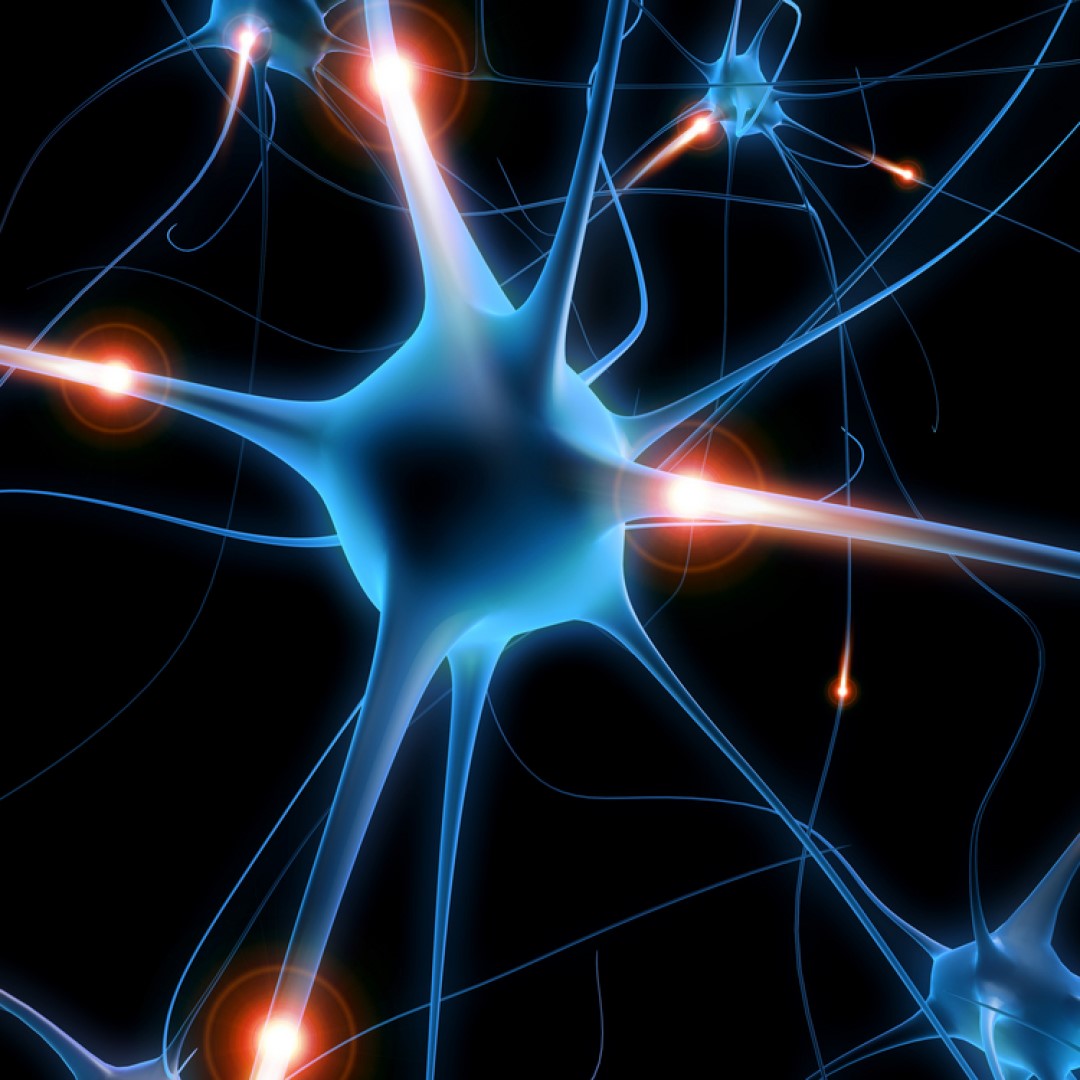
Scientists unveil the world’s most comprehensive AI-powered tool for neuroscience: Brain Knowledge Platform
On Nov. 12, 2025, Allen Institute researchers and engineers have unlocked an the world’s most comprehensive AI-powered tool for neuroscience and potential discoveries that could lead to through the Brain Knowledge Platform (BKP).
This first-of-its-kind database and research tool has launched with data from over 34 million brain cells. It compiles and standardizes the world’s neuroscience data into a common format and language allowing deep, seamless collaboration between international teams all united in the common goal of finding cures for brain disease.
The Allen Institute partnered with technology leaders like Amazon Web Services, which built the core computing infrastructure powering Brain Knowledge Platform, and Google to develop AI models for neuroscience. That collaboration and innovation have created a powerful tool designed to transform how we discover new treatments for diseases like Alzheimer’s and Parkinson’s.
For decades, brain researchers have faced a major communications challenge: Labs around the world have relied on a variety of methods and technology to study the brain and classify its diverse cell populations. These labs have adopted their own terminology and classification systems for their findings and cell types—a diversity that has meant neuroscience lacks a standardized, comprehensive vocabulary to describe and understand the brain and its incredible complexity. This lack of alignment has slowed the pace of discovery because it’s as though research teams are speaking different languages, hindering seamless collaboration.
The Allen Institute is solving this problem by creating a universal translator for brain science. This new platform takes all the different ways scientists describe brain cells and organizes them into one giant, searchable map that everyone can use.
Brain Knowledge Platform uses artificial intelligence (AI) to help scientists find patterns and connections they might miss on their own. For example, a scientist studying a brain cell that seems important in Parkinson’s disease can search the platform and instantly see how that same cell behaves in healthy brains, in Alzheimer’s patients, and in people with other conditions. AI helps them spot similarities and differences that could lead to new treatments.
One of the most exciting aspects is how the platform reveals connections between different brain diseases, and how it may speed up collaboration and big scientific discoveries.
Tags:
Source: Allen Institute
Credit:
